Worsening heatwaves and extreme climate events show how we must embrace natural areas and curb insatiable development.
In the midst of an endless 2023 summer heatwave in Spain, we need to protect forests and invest in land conservation and restoration now more than ever. There are many regenerative projects of different sizes emerging in rural and urban areas that acknowledge the multiple benefits that forests provide for our health. These initiatives are putting together action plans aligned with the latest EU directives and legislation to do no harm to the Earth and ensure that we can live in safe places that are climate-positive before 2030.
Forest protection and conservation needs to be at the forefront of the public agenda. However, it seems that at a local level, authorities are failing or are simply unwilling to bridge the gap between environmental protection and economic development. An example of this disconnect is unfolding in my hometown, a small municipality in Valencia called Godella. The town is a peri-urban area characterized by its transhumance paths once used by shepherds and ranchers to drive goats, sheep and cattle between pastures with the changing seasons.
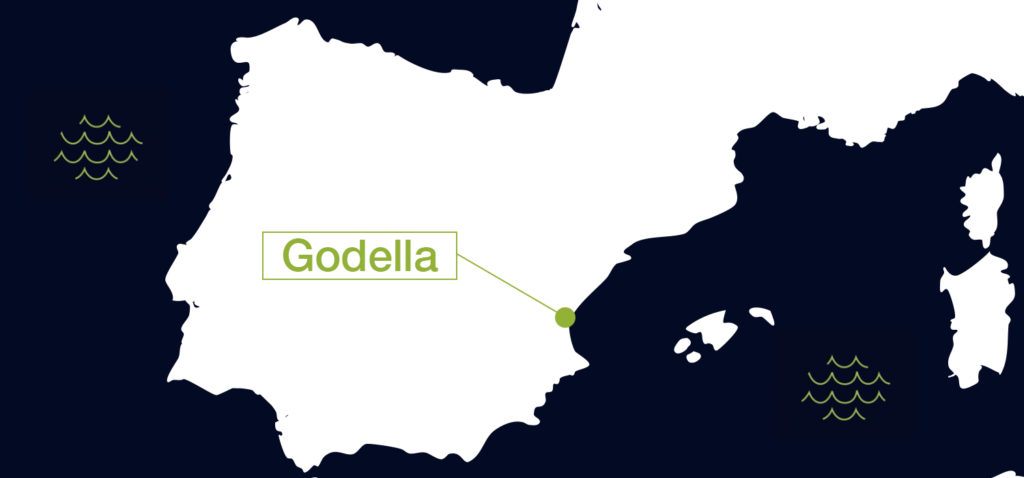
Here, an expanse of forested land known locally as the Pirate’s Tower after the ruins of a 15th century watchtower found there is under threat from a plan to build around 500 houses despite there being 600 empty homes in the town center. Bulldozers are already working to get the construction project underway.
This green area is of natural, archaeological and cultural importance. It is home to signature Mediterranean trees such as Aleppo and stone pine as well as carob and fig trees. Shrubs and aromatic plants grow from its earth, as does alfa grass, which takes us to the heart of artisan tradition of Valencia. This area is also rich in renewable fuels that can be obtained from pine wood, almond shells and olive pits as well as traditional medicinal compounds with varied uses from plants such as rosemary, thyme and yarrow, as explained by local resident Alfredo Marín, pharmacist, botanist and author of the 2021 book La Biodiversidad En La Torre Del Pirata Del Godella (The biodiversity of the Pirate’s Tower in Godella). The forest also provides a habitat for local wildlife like owls, foxes and hedgehogs, some of which can be seen in this virtual photo exposition, which was part of the Valencia World Design Capital’s series of exhibitions in 2022.
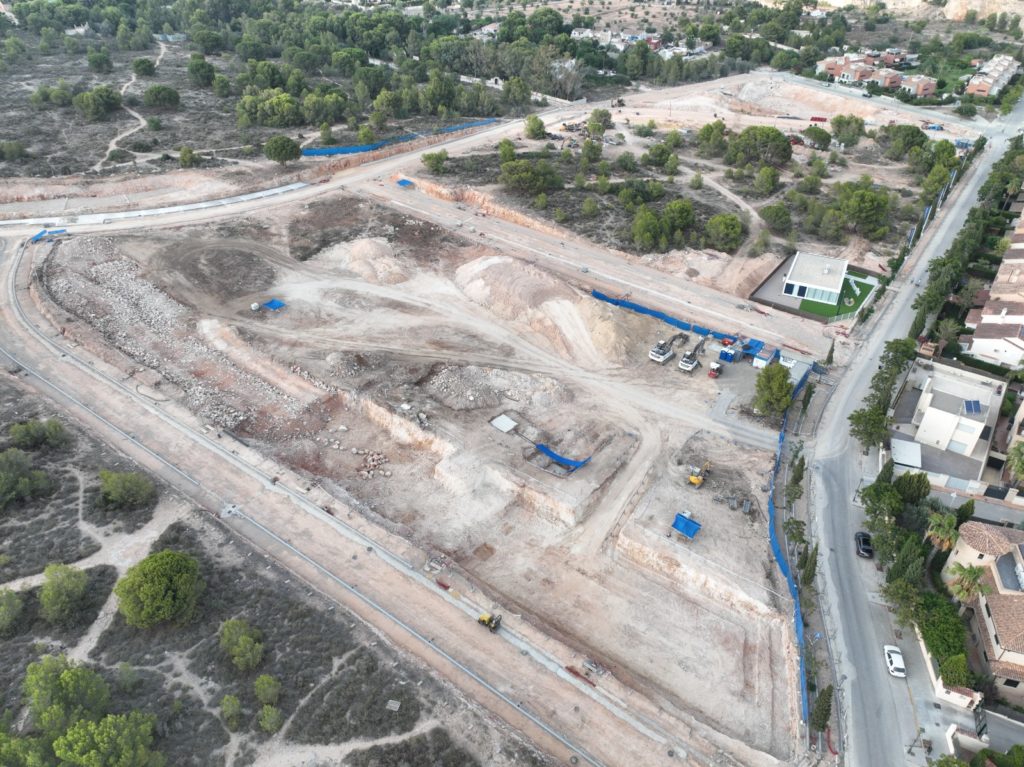
Author: Rodrigo Santamarta
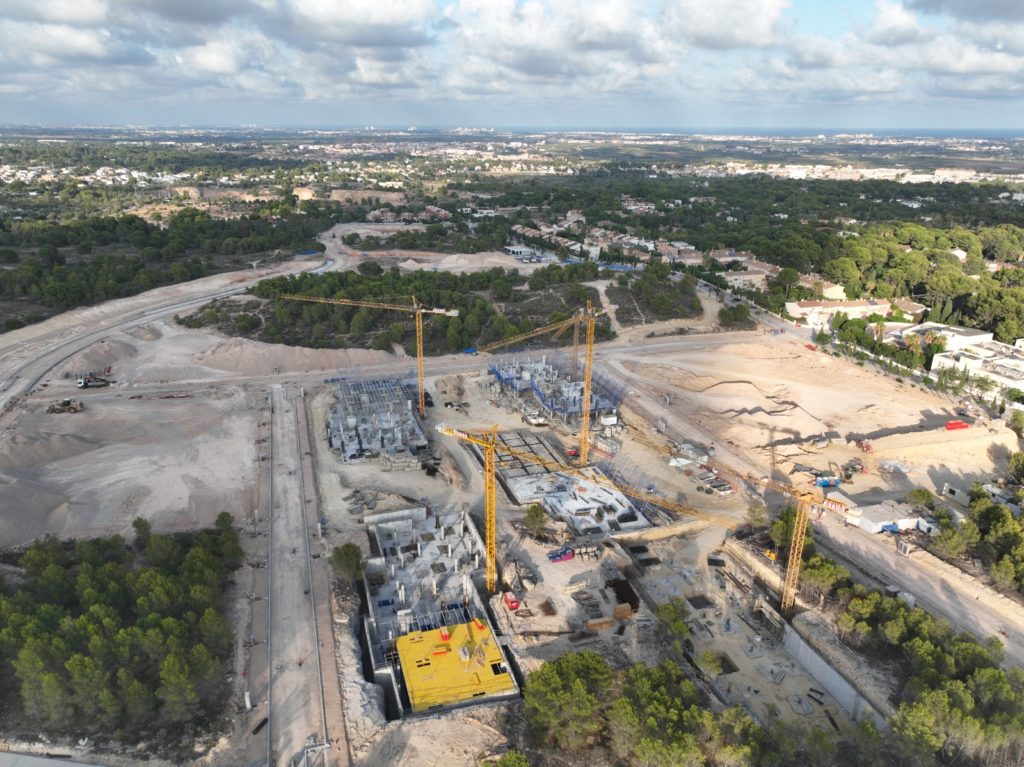
Author: Rodrigo Santamarta
Biodiversity is essential for the adaptation and resilience of the municipality and its surroundings in the face of an increasingly severe climate, with prolonged droughts and very intense rains. Yet, despite its immense value, this area is now being destroyed to build hundreds of new houses despite the wealth of vacant property in the area. The Pirate’s Tower is now the center stage of a social and political dispute between those pushing for the construction project and those wanting to protect this natural and cultural environment. There was great resistance from local citizens who collected over 3,000 signatures to stop the project in 2021 but economic interests were prioritized by the local Government, which finally approved the project in 2022.
Given the unfortunate scenario, a group of neighbors organized themselves into diverse associations and mobilized efforts to fight against the urbanization project through legal and political pathways, which are ongoing. One of those responses was the emergence of a new political party, Cuidem Godella, in 2023 that went on to win 3 opposition counsellor seats in the local elections of May 2023. The political group demands a halt and reversal of the urban expansion plan, calls for the surrounding mountain areas to be protected and proposes nature-based solutions to more effectively address the increasing climate-related challenges such as droughts, floods and extreme heatwaves.
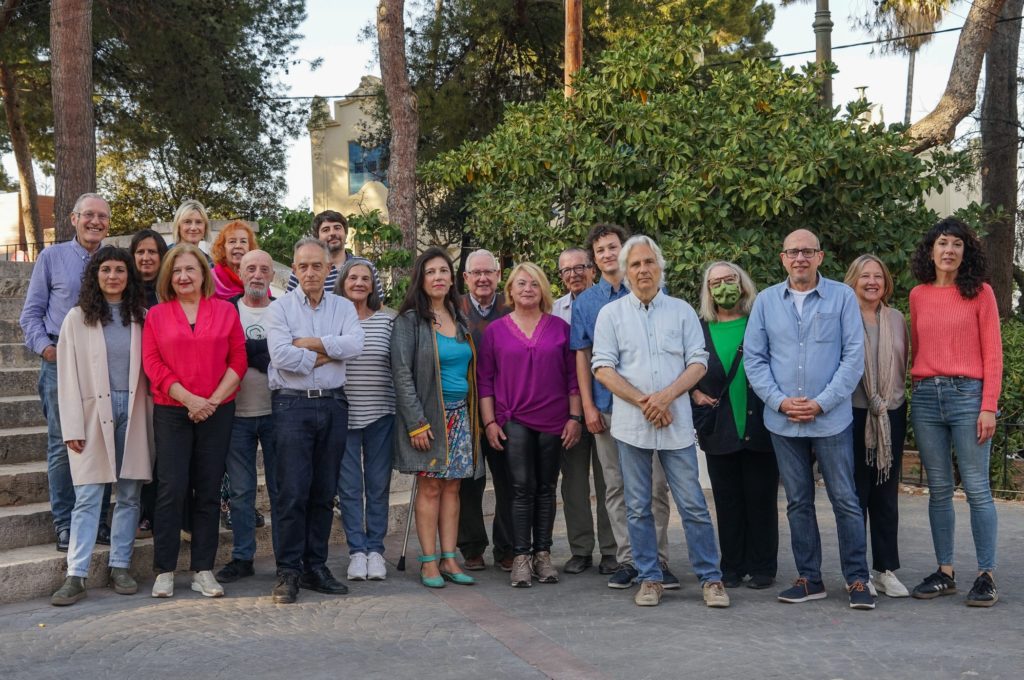
I joined the political group to collaborate with my neighbors in finding and proposing effective solutions to adapt our village to the effects of climate change, as well as to use my skills to communicate the value of nature and involve more citizens in this exciting mission.
Patricia Carbonell
In the face of climate and socio-economic collapse, preserving our treasured nature presents an opportunity for local resilience if transformative plans are put in place to protect and restore the land. In this way, forests can continue capturing CO2 to maintain healthy air, absorb water from rainfall to avoid floods and capture water to be used during the drought seasons. Just as Mexican environmentalist Eugenio Gras points out in his 2009 book Cosecha de agua y tierra (The Harvest of Water and Land): sustainability means living within the regenerative capacity of the biosphere, which is about finding a balance between human consumption of natural resources and the natural recovery of biodiversity.
In July 2023, the discovery of archaeological remains came to light around the area that is being destroyed to make room for the new housing development. Unearthed from the ground was what appeared to be a Roman aqueduct that was built here to irrigate the Valencian orchards and to bring water to the entire territory. This news puts the massive urban project once again in the spotlight and gives hope to citizen groups who call for modifications to protect the maximum amount of natural space while respecting the area’s historic and archaeological value. In parallel, the artistic and sustainable initiative Natura Godella has submitted an official petition to the European Parliament to demand support to try to save the area, and together with the Salvem La Torre Pirata Association, they are advancing the judicial process to be able to take the case to the courts before it is too late.
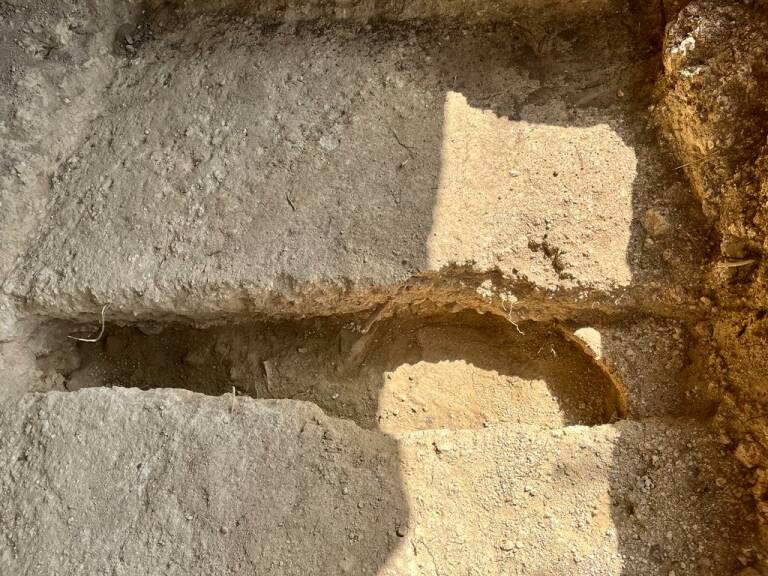
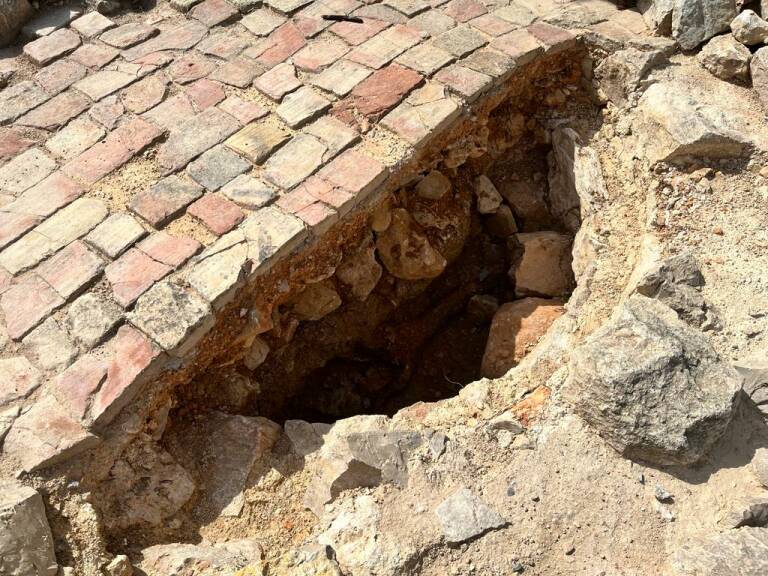
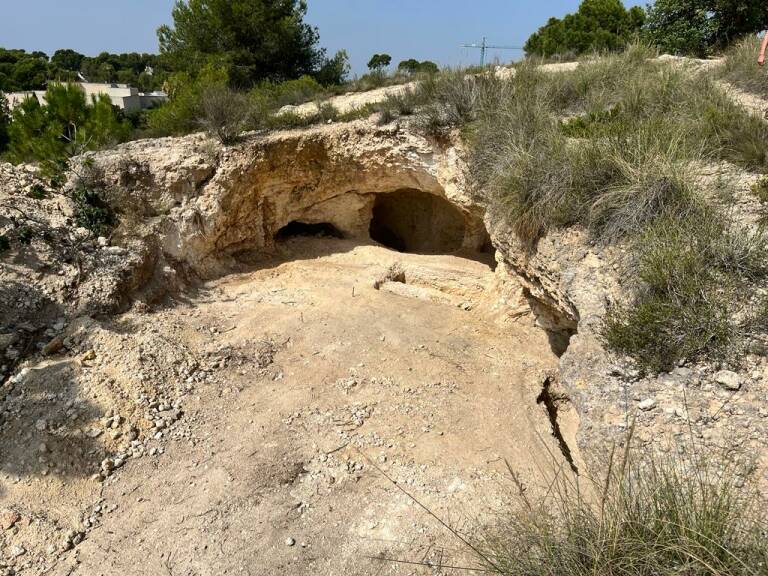
This story appeared as “Los vecinos de Godella quieren proteger la Torre del Pirata y su bosque mediterráneo,” in Planeta Futuro of EL PAIS (16 March 2022) and as “Una mirada ecosistémica para la Torre del Pirata” in Espores (5 June 2022).